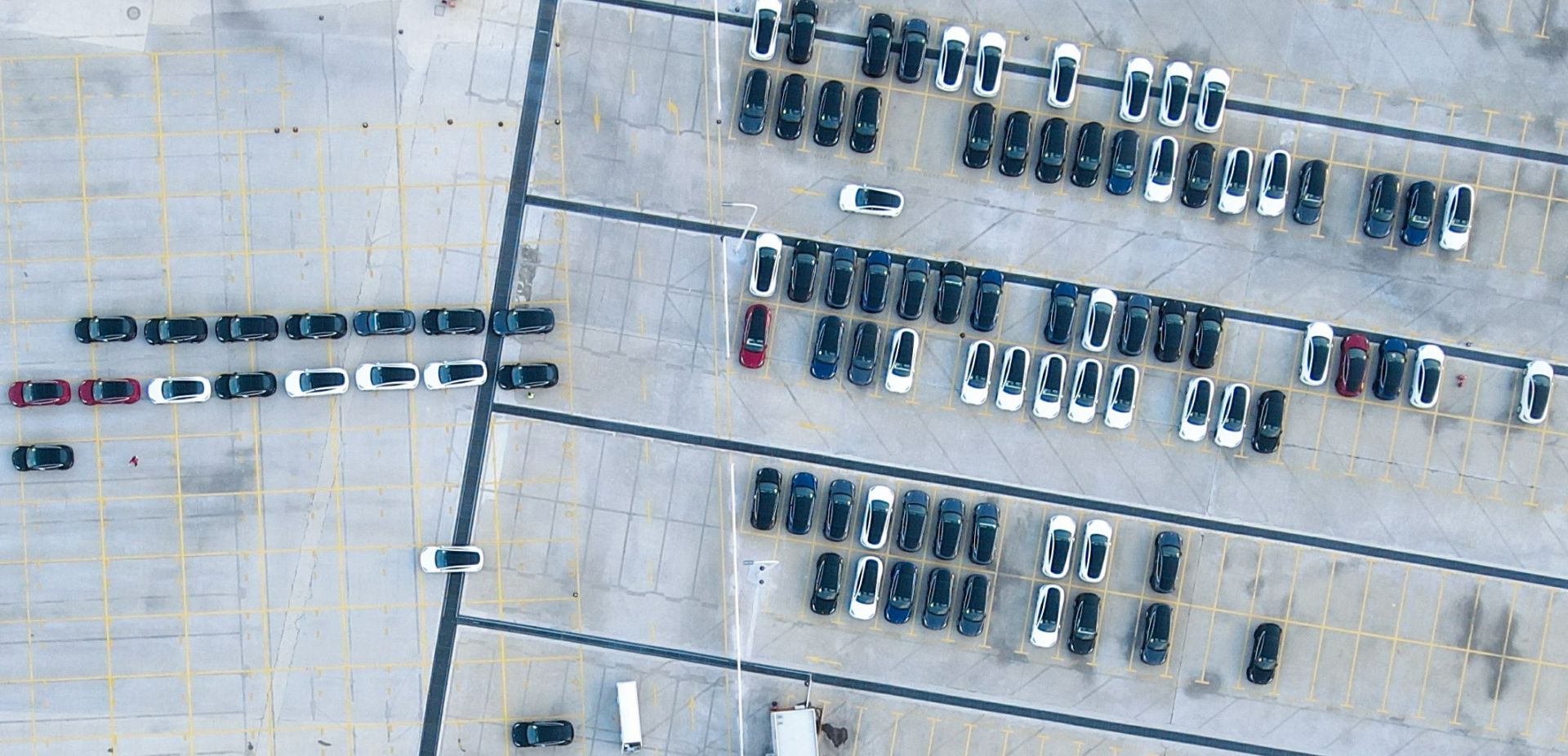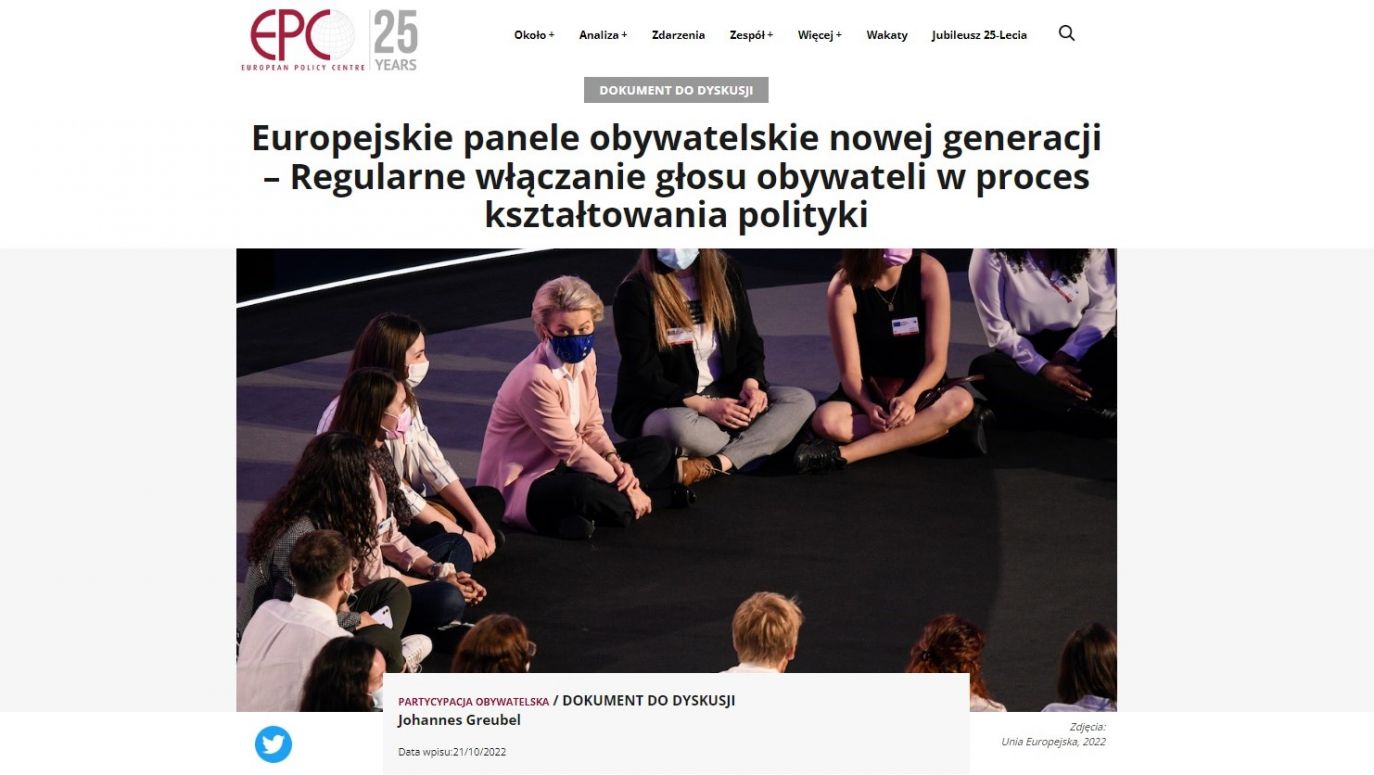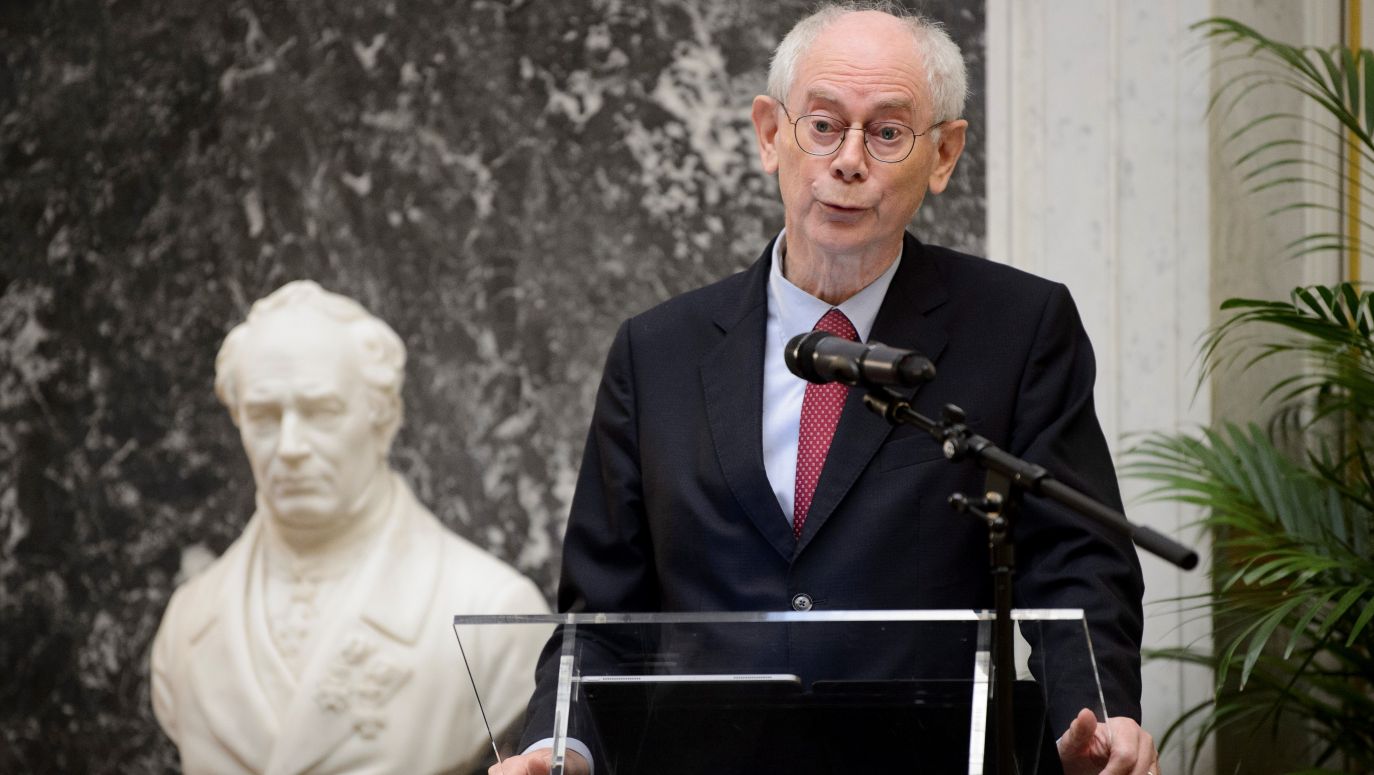All those seated have masks on their faces, so facial expressions are not visible, but can be perfectly imagined. On the faces of those young people, there is certainly an expression of excitement resulting from the sense of agency that comes from their alignment with a representative of authority. They are sitting together! On the same carpet!
Von der Leyen’s face is probably calm and balanced, although underneath the mask she can afford a slight dismissive smile. She doesn’t adopt it, however, because she doesn’t want to lose control for a moment. After all, she is sitting with them together! On the same carpet! And this always gives rise to situations that require caution and distance.
The photo can be seen thanks to the press service of the European Union, and was probably circulated in the single-hearted belief that it was necessary to provide the citizens of the Union, especially the youth, with a sense of complicity in the political life of this great imperial organism. Or was the intention not so single-hearted after all?
The President of the European Union is not a beauty, but the aesthetics of her character are light years away from communist apparatchiks. About Eva Kaili, her colleague temporarily in a place that prevents her from sitting together in the circle of the young people of the Union [Kaili came from the left-wing PASOK party, she was Greek vice-president of the European Parliament in 2022, until she was arrested and accused of corruption – ed.], one can already freely say that she is a beautiful woman. Aesthetics, then, are beside the point.
What is in their files and briefcases? What will they want to tell us when they want to sit down with us, cross-legged, in a circle? In other words: what is the future of our world’s democracy as the modern apparatchiks see it?
Of course, Ursula von der Leyen, as I mentioned above, has to keep control, obviously, so she cannot speak too openly, but some light is shed here by documents from European think tanks. Especially the most important ones, which have former and current top-level politicians on their advisory boards and funded by governments and EU directorates.
And it is best when they join forces with others. Then their recommendations take on a kind of new lustre, a new power of persuasion. It is also interesting to note that the recommendations may relate to seemingly distant matters, but they contain fragments reflecting some of the designed universe. A world contained within a dewdrop.
People without mouths don’t scream
This is according to a report published late last autumn entitled
“Fair Energy for All - How do we get there?”, which was produced through the efforts of a number of leading European think tanks, led by the renowned European Policy Center. The former head of the European Commission Herman van Rompuy is on the board of the latter, which in itself should indicate the seriousness of this undertaking.



 SIGN UP TO OUR PAGE
SIGN UP TO OUR PAGE 






